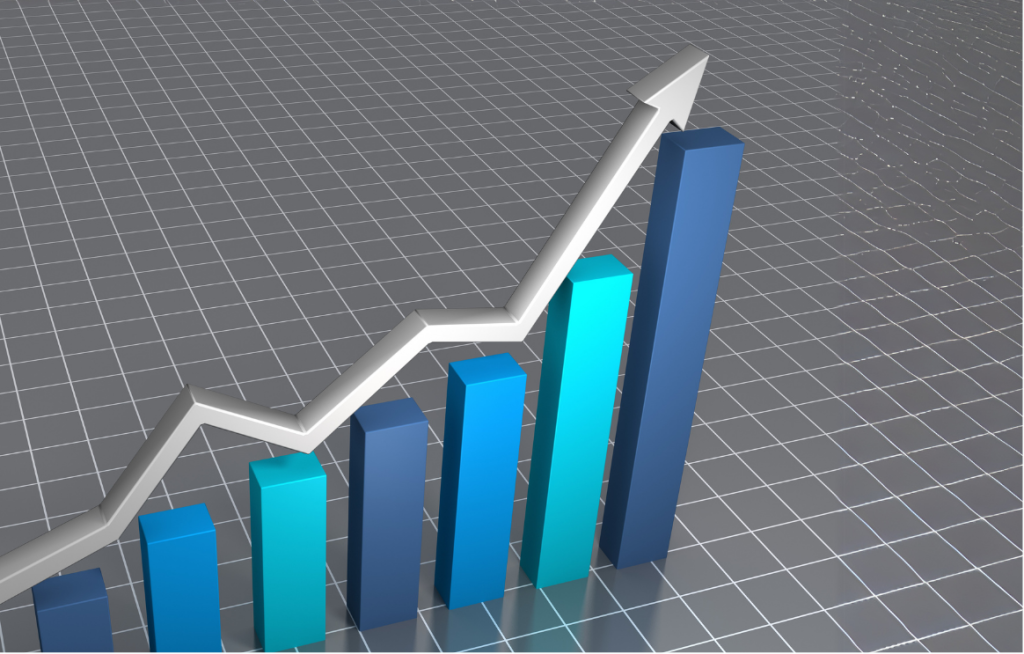
Space & defence: enhancing dual-use satellite technologies in EDF 2025
Space & defence: enhancing dual-use satellite technologies in EDF 2025 David García ArrateSettings The European Defence Fund (EDF) 2025 continues to drive innovation in space
The Horizon Europe programme is the European Union’s Research and Innovation (R&I) Framework for the period 2021–2027, aimed at strengthening the EU’s scientific and technological base. It focuses on developing solutions to priorities such as green and digital transitions and social cohesion. This programme represents a valuable opportunity for R&D sector entities, but obtaining funding is not straightforward. Many organisations fail in their applications due to a lack of meticulous planning and a deep understanding of the EU’s strategic objectives.
Below are fundamental keys to increasing the chances of success when applying for European funds:
Each funding programme is directed towards specific EU strategic objectives, such as sustainability, the green transition, digitalisation, and social cohesion. It is essential that submitted projects demonstrate how they will contribute to these objectives and their long-term positive impact on Europe.
Within Horizon Europe, there are multiple calls, each with specific goals. It is crucial to thoroughly review the work programmes to identify the call best suited to the project. Selecting a well-aligned call is key to maximising the chances of success.
Collaboration with entities from other countries and sectors is fundamental to building a strong consortium. Participating in a multidisciplinary consortium with complementary expertise and capabilities increases the likelihood of success. This approach enriches the project by integrating diverse perspectives and experiences.
A successful consortium should comprise partners whose technical, scientific, communication, dissemination, and management capabilities strategically complement one another. Having members with prior experience in European projects adds value and can be a decisive factor during proposal evaluation.
To be competitive, the project must have a well-defined structure, including clear objectives, a detailed work plan, a timeline, success indicators, and a realistic budget. Evaluators look for proposals that demonstrate solid planning and the ability to achieve objectives within set deadlines.
The proposal must be clear, concise, and meet all the requirements of the call. Each section, from impact justification to the exploitation plan, must be well-argued. As proposals are evaluated by independent experts, it is essential that they clearly demonstrate the project’s tangible impact at a European level.
Planning well in advance and allocating sufficient time for proposal preparation is crucial to meeting deadlines and avoiding errors due to time constraints. Effective time management can be decisive in the proposal’s success.
To improve the likelihood of success, there are key strategies that can be highly beneficial:
Joining networks like European technology platforms or Horizon partnerships or European networks like ERRIN, the European Regions Research and Innovation Network, helps connect with key actors and potential strategic partners within the European R&I ecosystem.
Seeking support from consultants specialising in European funding can be highly beneficial, especially for entities with limited experience in these processes. These experts can assist with identifying calls, forming consortia, and drafting proposals, ensuring all formal requirements are met.
Project management is critical not only during the application phase but also during execution. Having an experienced project management team and appropriate tools for monitoring activities, timelines, and budgets is essential for project success.

Projects that have successfully obtained European funding share common characteristics:
Successful proposals often offer innovative and disruptive solutions with high applicability potential. They also demonstrate how their results will have a tangible impact on society, the economy, or the environment.
The exploitation of results is crucial in the evaluation of European projects. Highly rated projects present a clear plan for how their results will be transferred to the market or contribute to European public policies.
Accessing European funding for R&I projects is a competitive process, but with the right strategy, it is possible to secure the necessary resources to carry out innovative and high-impact initiatives. With programmes like Horizon Europe and other European funds available, companies, universities, and research centres have a unique opportunity to drive research and development at a global level. Success lies in aligning projects with European priorities, building strong consortia, and presenting well-structured and carefully planned proposals. European funding not only advances technological progress but also fosters international collaboration and the creation of essential networks for the long-term growth of R&I in Europe.

Space & defence: enhancing dual-use satellite technologies in EDF 2025 David García ArrateSettings The European Defence Fund (EDF) 2025 continues to drive innovation in space

Health & medical innovation: the role of defence research in civilian healthcare Mónica GarcíaSettings The European Defence Fund (EDF) 2025 determine to support groundbreaking medical

Cybersecurity & AI: Advancing Europe’s defence and digital sovereignty with EDF 2025 Patrizio RicciSettings The digital landscape is evolving at an unprecedented pace, bringing both
